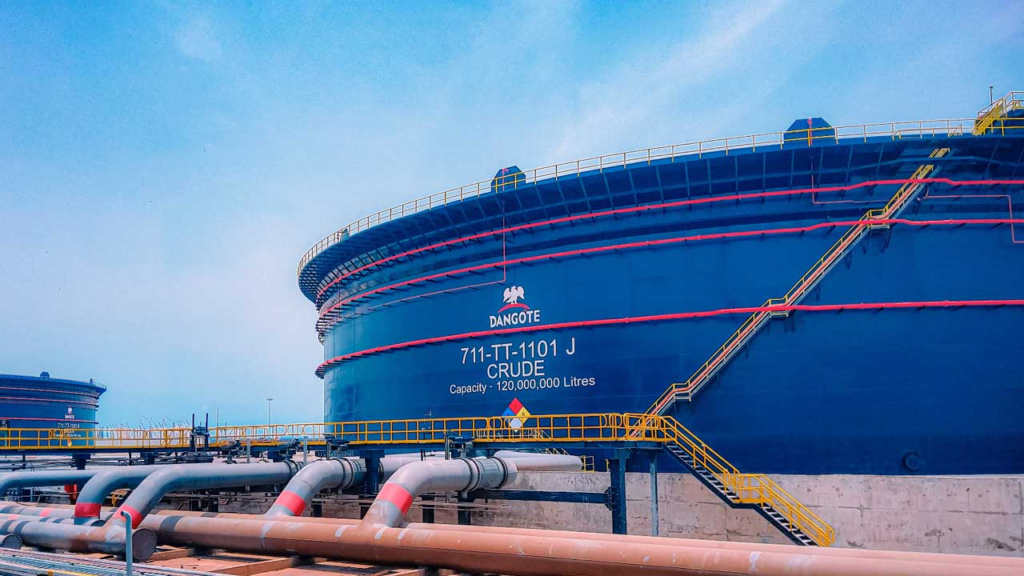
The Manufacturers Association of Nigeria (MAN) has announced that the Dangote Petroleum Refinery & Petrochemicals will play a crucial role in revitalizing Nigeria’s struggling textile industry while saving the nation $267 million annually in import costs.
Polypropylene Production to Boost Local Industries
Speaking on the Channels Business Incorporated Programme, Segun Kadir-Ajayi, Director-General of MAN, emphasized that the decline of the once-thriving textile sector, which employed over 25,000 workers in the northern region, was largely due to the absence of local polypropylene production and the scarcity of foreign exchange required for imports.
“For us in the manufacturing sector, this is a welcome development. It more than covers the 250,000 metric tons that constitute our national demand, which has been severely lacking,” Kadir-Ajayi stated.
“You can imagine the sectors it will impact—the textile industry, plastic industry, and furniture industry. We are looking at an amount in the region of $267 million being saved. This is the amount spent every year in scarce dollars to import these materials. It is a welcome development for manufacturers, as it will incentivize investment in the sector.”
Nigeria to Become a Net Exporter of Polypropylene
Currently, Nigeria imports 90% of its annual polypropylene requirements—approximately 250,000 metric tonnes. With Dangote Refinery and Petrochemicals now producing polypropylene locally, the country is set to become a net exporter, generating foreign exchange inflows and boosting the economy.
Dangote’s $2B Petrochemical Plant – Key Facts
🔹 Located in Ibeju-Lekki, Lagos, the $2 billion Dangote Petrochemical Plant is set to produce 77 grades of polypropylene.
🔹 The facility has a capacity of 900,000 metric tonnes per year and is projected to achieve a $1.2 billion turnover.
🔹 It will support Africa’s growing plastic processing industries while enhancing global trade opportunities.
🔹 The plant will create jobs, increase tax revenues, reduce foreign exchange outflows, and stimulate GDP growth.
Economic & Industrial Impact
The production of polypropylene in Nigeria is expected to:
✅ Revive the textile industry, which has suffered due to expensive imports.
✅ Support plastic, furniture, and other manufacturing industries reliant on polypropylene.
✅ Reduce Nigeria’s dependence on foreign imports, strengthening the Naira.
✅ Attract foreign and local investments into the petrochemical and industrial sectors.
